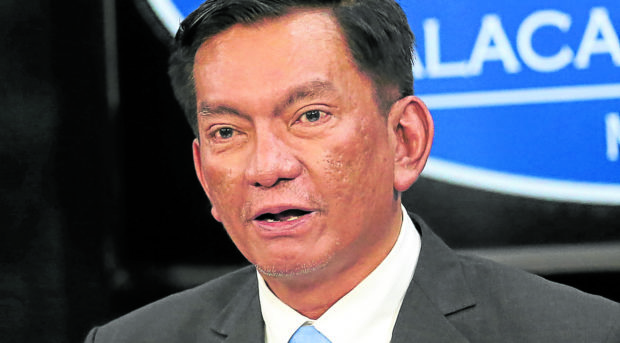MANILA, Philippines — Albay Rep. Joey Salceda has filed a bill to provide relief to around 100,000 families who face eviction for being unable to pay rent after their breadwinners lost their jobs or livelihoods during the prolonged quarantine.
The chair of the House ways and means panel on Monday said figures from the Philippine Statistics Authority’s 2015 Census of Population and Housing indicated that some 2.7 million households occupy rented housing.
“We estimate this number to have increased to 3.1 million in 2020. Our analysis of the newly unemployed shows that up to 3 percent of these households, or some 93,000 households, may be in danger of eviction due to nonpayment of rent dues even with the Bayanihan measures to provide rent relief,” Salceda said.
House Bill No. 7665, or the proposed Rent Relief Act of 2020, will provide a three-month moratorium on evictions to allow both tenants and landlords to renegotiate rental terms as well as refinancing options for renters.
Refinancing loans
“The Bayanihan rent deferments are good, but because it takes people longer than three months to find new jobs, we still run the risk of eviction unless we can find ways to get pending rent paid now, and allow tenants more time to finance their rent,” Salceda said.
“Deferments alone are unsustainable because lessors, many of whom are retirees, need to eat, too,” he said.
His proposal mandates the Social Security System, the Government Service Insurance System and the Pag-Ibig Fund to offer rent refinancing loans to their members at favorable rates.
It also mandates Land Bank of the Philippines and Development Bank of the Philippines to offer rent refinancing loans at rates not higher than their lowest-yielding loans.
Under rent refinancing, the banks will pay rent for a specified period while providing the tenant a much longer loan repayment period.
“For these households, measures that not only defer payment schedules, but actually get the rent paid for a period that is long enough to regain meaningful employment are urgently needed,” Salceda said.
His bill also allows promissory notes to be accepted, under an arrangement where government financial institutions finance the promissory note, and the rent obligation is converted into a loan with a government financial institution, to ensure that the tenant is not evicted during the period paid for with the loan.
To allow tenants some time to avail themselves of the programs under the bill, it imposes an eviction moratorium for three months, to provide the implementing agencies enough time to roll out the measures contained in proposed measure.
Rent assistance centers
It also mandates setting up rental assistance centers by the Department of Human Settlements and Urban Development to help tenants and lessors renegotiate terms of lease, access programs under the bill, and find other assistance programs available that would prevent tenants from being evicted.
“While current grace periods under the Bayanihan emergency measures allow for amortizations to be distributed among succeeding months of rent, these grace periods may not be of much help to tenants that have totally lost their sources of income,” Salceda said.
“At the same time, grace periods which disrupt the consistency of payments to lessors may also harm property owners, typically the elderly or the retired who rely on rental income as their main source of income,” he said.
Without consistent income from rentals, the lessor may not be able to maintain the quality of the property to the detriment of both the owner and his tenant, Salceda said.
He said his proposal would complement rent payment deferment strategies and would be a “more financially sustainable approach that would restore stability and consistency” in the rental terms for tenants and lessors.
